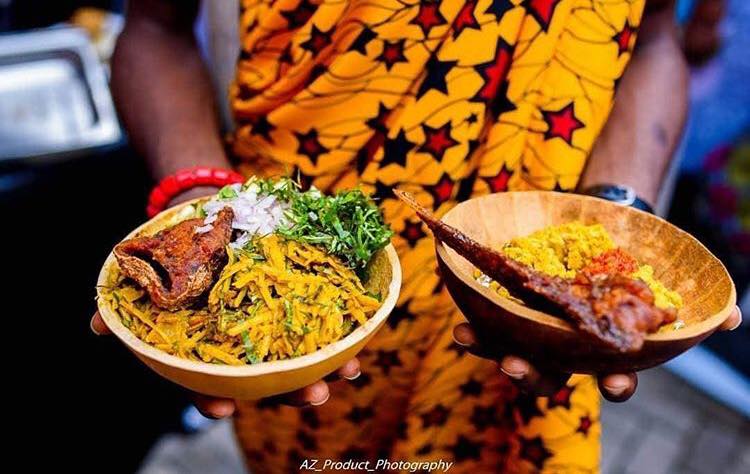
I was sitting in the doctor’s office, with my head bent toward my phone when I heard the radiologist call out a name. I looked around the room as she called it out again. My eyes landed on the clock and saw that it was just about time for my appointment. I moved toward her and asked if she was referring to me, as I did this I glanced at her clipboard and saw the bold letters of my name. I smiled and blurted out my first and last name so she could hear the pronunciation and (maybe) apologise for mispronouncing it. “Ok, follow me,” she said, and we walked to the X-ray room. Looking for some kind of recognition, I commented lightheartedly, “You murdered my name out there.” She disregarded my words and continued on. I left feeling disheartened and frustrated. Why didn’t she try to say my name?
***
In my Nigerian culture, the Igbo culture, names are an important symbol and expression of one’s cultural, social and spiritual identity. We believe that names give us a sense of belonging, acceptance, importance and recognition. Decades ago, the Igbos often named their children based on the four prominent market days: Eke, Orie, Afor and Nkwo. In more recent times, families in Nigeria name their children based on the circumstances happening at the time of a child’s birth.
In my case, it was believed that my paternal great grandmother who had recently died, reincarnated through me so my grandfather named me Chukwunonyerem (Nonye for short) meaning “God is with me”, and my parents named me Obiageliaku which literally means “the visitor/child has come to enjoy wealth”. When I was born Nigeria was experiencing great economic hardship and, in those days, many Igbos believed that when a child is born whilst the parents are experiencing financial hardship, that a child could change the fortune of the family (not sure if this was the case with me!) but for this reason I’m writing this is to highlight the great cultural and familial significance of my name, and all names. So when one’s name is mispronounced, accidentally or not, it can feel like a muting of one’s identity, history and the meaning is often lost.
Most people who migrate or flee their home country, leave behind their whole lives. They travel with the bare minimum and arrive having to start from scratch in their newfound home country. Acculturation begins and after a few years, the only thing that’s left of their culture is language and a name. Having migrated myself a couple of years ago, I understand the stress that comes with resettlement and the importance of finding connections to culture. When I work with women who come from culturally and linguistically diverse backgrounds I empathise with the uniqueness of their situation. In addition to the everyday challenges of migration, they have experienced domestic violence too.
When a woman comes into a place like Bonnie’s, she is in a place of grief, desperation and fear. It’s not uncommon for workers like me to easily overlook her cultural needs while addressing some of her immediate social and physical needs like housing and safety planning. But these cultural needs shouldn’t be neglected. Integrating a holistic wellbeing approach, meaning a woman’s emotional, cultural, social, economical and mental needs are all met can help a woman hold onto her identity while building a new life. Being a very multicultural service, Bonnie’s aims to go beyond just providing safe accommodation for our clients but also learn about them – their experiences, dreams, culture and names – so we can help empower them to regain control over their lives.
***
So while it may have been a stretch expecting the radiologist to know anything about me and what my story is, she could have at least tried. I deserve to be called by my own name – the name I identify with. It’s mine and has always been a part of who I am. I did not expect her to get it right or pronounce it with the Igbo accent in the first instance, but an effort to ask for the right pronunciation would have been appreciated. You can get it wrong again and again, but I will always feel humbled and happy to correct you if you are willing to learn.
Because a name is more than just a name, it’s so much more.
Written by Nonye
My name is Nonye, and if I am to try to break it down phonetically in English, it may be something like ‘knob’ without the ‘b’ and ‘yea’; whilst this is very close, it still would not be the correct pronunciation of my name, as there are specifics sounds and alphabets in Igbo language not present in English.
comment closed